The relationship between sugar and cancer has been debated for years, often sensationalized in media headlines. On one hand, there’s the fear that sugar directly “feeds” cancer cells, accelerating their growth. On the other hand, there’s the scientific reality that, like many health topics, this is far more nuanced than a simple yes or no. So, let’s separate fact from fear and get to the heart of what sugar does in the body, and whether it has a direct role in cancer development.
1. Sugar Fuels All Cells, Not Just Cancer

It’s true that sugar—specifically glucose—is the primary fuel for all cells in the body, including cancer cells. The body needs glucose for energy, and while cancer cells often consume more glucose than normal cells, that doesn’t mean sugar creates cancer. All growing cells, whether cancerous or healthy, need energy to divide and proliferate, and glucose is one of the easiest sources of fuel.
However, this doesn’t mean that eating sugar causes cancer cells to grow exponentially. If anything, it’s the overall imbalance in the body—like inflammation, oxidative stress, and a weakened immune system—that can create an environment where cancer cells thrive. Sugar alone, in normal amounts, is not the magic ingredient for triggering cancer growth. According to Frontiers in Oncology, glucose metabolism plays a critical role in tumor progression but is influenced by broader metabolic factors.
2. Cancer Cells Have An Appetite for Glucose, But That’s Normal
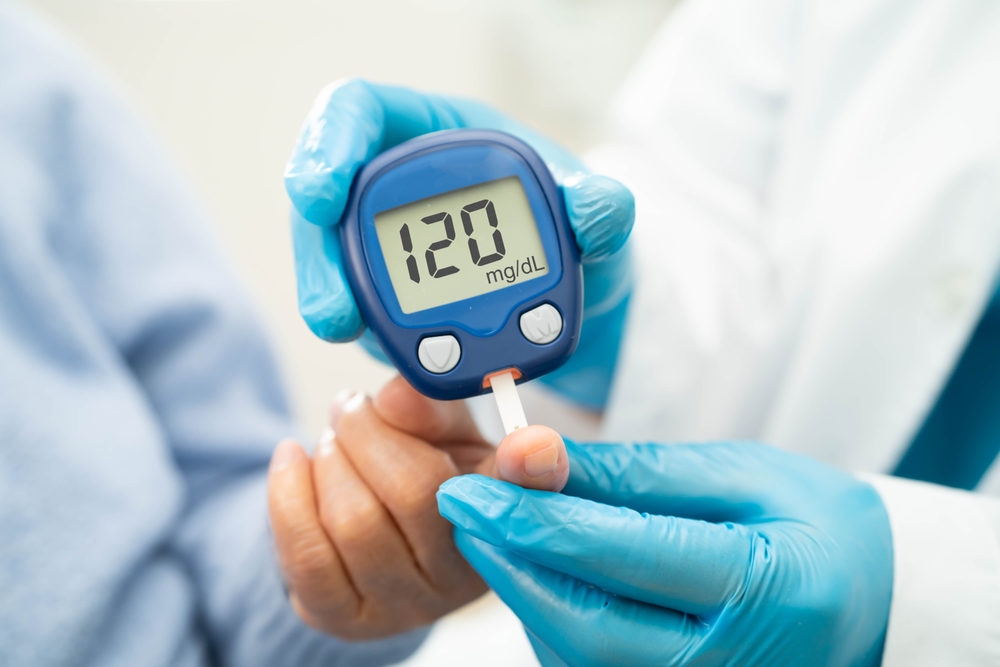
It’s well-established in cancer research that cancer cells tend to metabolize glucose at a higher rate than normal cells, a phenomenon known as the “Warburg effect.” But just because cancer cells are hungry for glucose doesn’t mean sugar consumption directly causes cancer. Glucose is a basic energy source used by all cells, and this increased consumption by cancer cells is more about their rapid growth rather than a unique effect of sugar.
What truly matters is the overall health of the individual. Excessive sugar intake—leading to obesity, insulin resistance, or chronic inflammation—can increase the risk of certain types of cancer, but it’s not the sugar itself that causes cancer. Instead, it’s how your body handles and responds to sugar over time. As noted by the Journal of Experimental Medicine, metabolic reprogramming in cancer cells involves glucose utilization but is driven by cellular adaptations beyond simple sugar intake.
3. Insulin Resistance, Not Sugar, Increases Cancer Risk

While sugar itself doesn’t feed cancer in the way that popular myths suggest, the way sugar affects the body’s metabolism can play a role in cancer risk. Consuming high amounts of sugar, especially refined sugars, over time can lead to insulin resistance and high levels of insulin in the blood. This can create an environment conducive to the development of several cancers, such as breast, colon, and pancreatic cancers.
When your body becomes resistant to insulin, your pancreas compensates by producing more insulin, which in turn can stimulate the growth of cancer cells. The key here isn’t the sugar itself but rather the long-term effects of poor blood sugar regulation and hormonal changes it triggers. Maintaining balanced blood sugar levels is more important for cancer prevention than completely avoiding sugar. Research published in Nursing in Practice highlights how elevated insulin levels associated with insulin resistance can accelerate cancer cell growth and worsen patient outcomes.
4. Processed Sugars Are A Problem, But So Are Refined Carbs
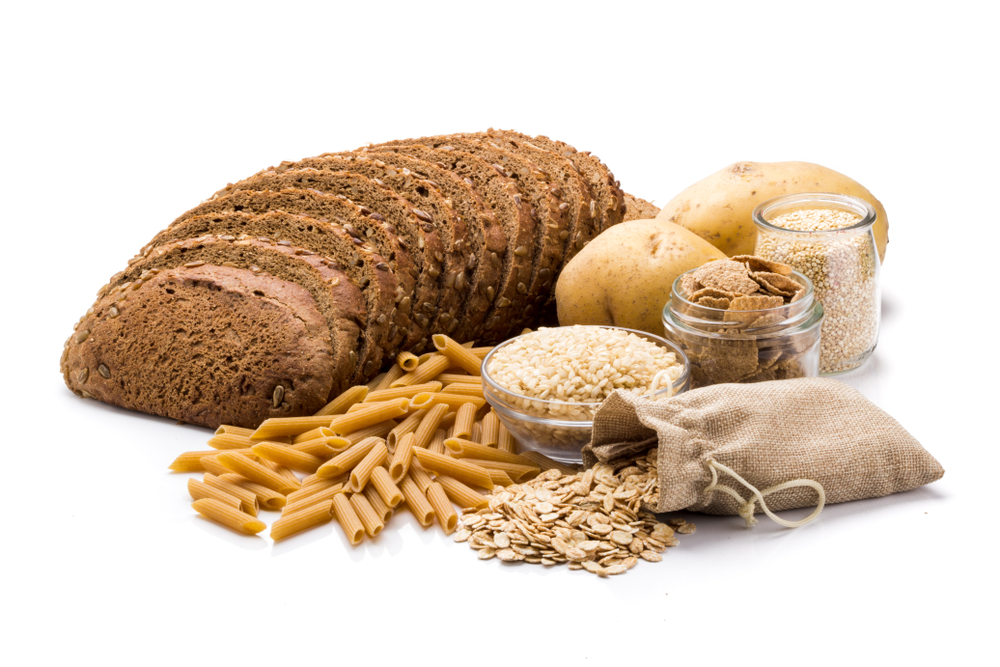
It’s not just sugar in its pure form that might be a problem; processed foods high in refined carbohydrates, which quickly break down into glucose, can have similar effects. White bread, sugary cereals, and other processed carbs spike blood sugar levels, leading to similar insulin resistance as excessive sugar consumption. Refined carbohydrates are often more harmful in large quantities than simple sugars, as they provide little nutritional value while impacting your metabolism and weight.
A diet high in processed foods can lead to obesity, another major risk factor for cancer. While it’s crucial to be mindful of sugar intake, the broader problem lies in highly processed foods that disrupt the body’s natural metabolic processes. Focusing on whole, unprocessed foods is key to managing cancer risk. According to Harvard Health, ultra-processed foods are linked to an increased risk of cancer due to their low nutritional quality and high levels of additives and preservatives.
5. Sugar Doesn’t Directly Cause Cancer, But Poor Diet Can
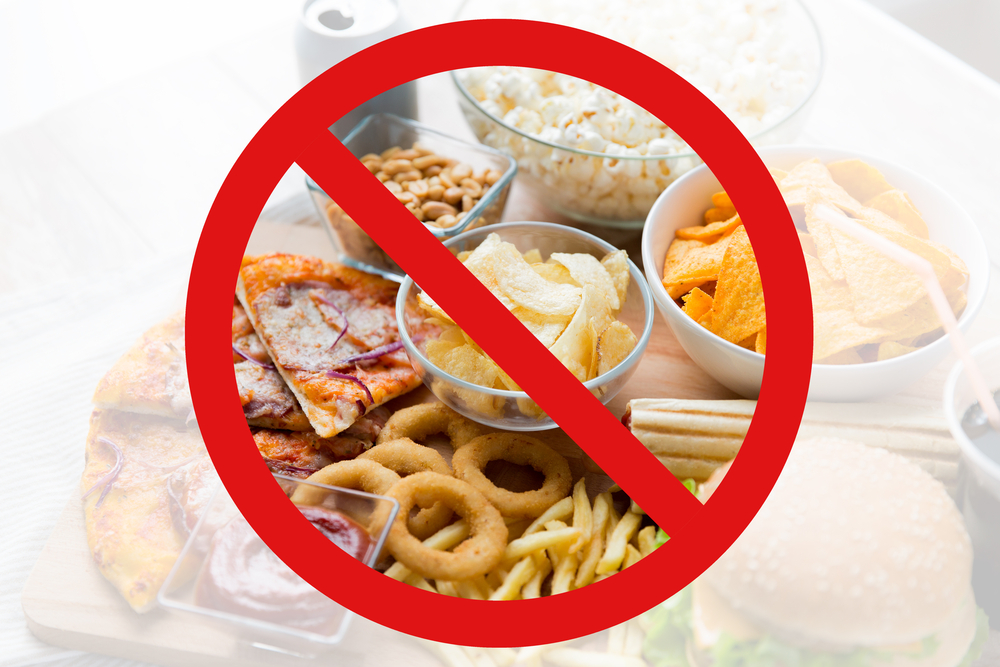
Cancer is a complex disease, influenced by genetic, environmental, and lifestyle factors, and sugar alone is not the root cause. While excessive sugar intake can contribute to risk factors like obesity and inflammation, it’s a combination of poor diet, lack of physical activity, smoking, and genetics that significantly impacts cancer risk.
According to the National Cancer Institute, maintaining a balanced diet rich in fruits, vegetables, whole grains, and healthy fats while minimizing processed foods can reduce chronic conditions that increase cancer risk. Moderate sugar consumption within a healthy diet isn’t something that should induce fear.
6. The Fear Of Sugar Can Be More Harmful Than Sugar Itself

While it’s important to be mindful of sugar intake, fear of sugar can lead to unnecessary stress, which in itself can affect your health. Chronic stress can increase inflammation, suppress the immune system, and even alter the way your body processes food. This constant cycle of fear, stress, and restriction may ironically contribute to the conditions that increase the likelihood of developing diseases, including cancer.
Rather than focusing on eliminating sugar or fearing its impact, the goal should be a balanced, mindful approach to nutrition. Moderation, along with a focus on stress management and regular physical activity, is essential for long-term health. Your relationship with food should promote health, not fear.
7. Cancer Prevention Is About Overall Lifestyle, Not Just Cutting Out Sugar

When it comes to cancer prevention, it’s crucial to take a holistic approach rather than focusing on one aspect of your diet. Regular exercise, maintaining a healthy weight, managing stress, and avoiding smoking all play major roles in reducing cancer risk. These lifestyle factors are far more significant than whether or not you’re consuming sugar in your diet.
Eliminating sugar isn’t necessary for cancer prevention, but focusing on overall health and lifestyle choices is essential. Rather than demonizing one nutrient, the goal should be fostering a sustainable, health-conscious lifestyle that includes a balanced diet, physical activity, and emotional well-being. Let’s stop vilifying sugar and start focusing on creating an environment for the body to thrive.
8. The Glycolytic Effect: Why Cancer Cells Prefer Sugar
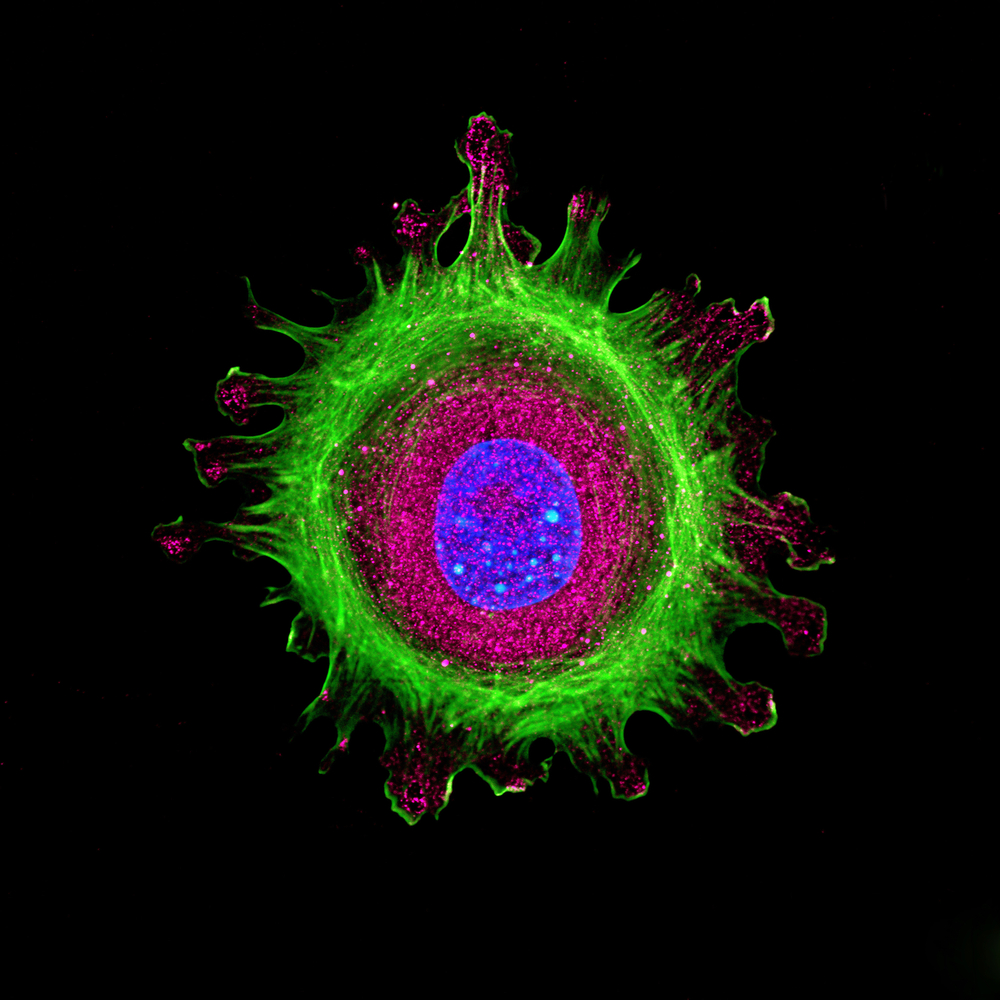
Cancer cells rely heavily on a process known as glycolysis to generate energy, which uses sugar as their primary fuel. This metabolic adaptation allows cancer cells to grow rapidly, even in low-oxygen environments. While this may sound like sugar is directly supporting cancer growth, it’s merely the biological preference of cancer cells for glucose, not an inherent risk of consuming sugar.
Understanding this process underscores why it’s essential to look beyond sugar as a single culprit in cancer development. The war on sugar is more about overall health management, including reducing processed foods, than it is about fighting cancer directly. A diet rich in whole foods and antioxidants may counteract the effects of glycolysis without needing to eliminate sugar.
9. Sugar And The Risk Of Developing Diabetes
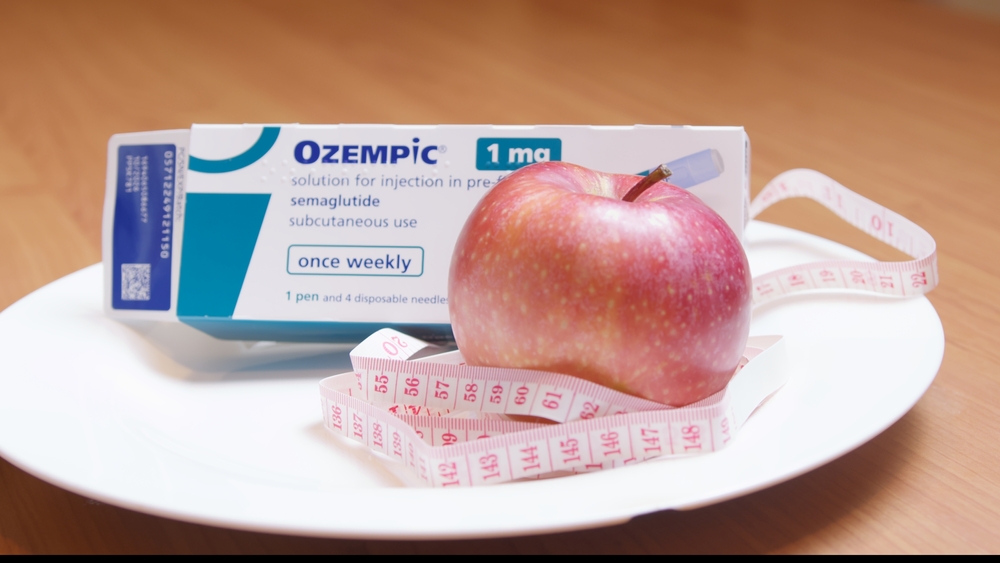
Diabetes is a major risk factor for several cancers, and sugar plays a crucial role in the development of Type 2 diabetes. Consistently high blood sugar levels lead to insulin resistance, which, over time, can cause chronic inflammation and increase cancer risk. As diabetes affects blood sugar regulation, it can also negatively impact overall cell health, contributing to conditions that are favorable for cancer development.
Limiting sugar intake can help prevent the onset of diabetes and reduce the long-term risk of developing cancer. By stabilizing blood sugar levels, you can avoid the dangerous cycle of inflammation and insulin resistance that sets the stage for both diabetes and cancer.
10. Do All Types Of Sugar Have The Same Impact?
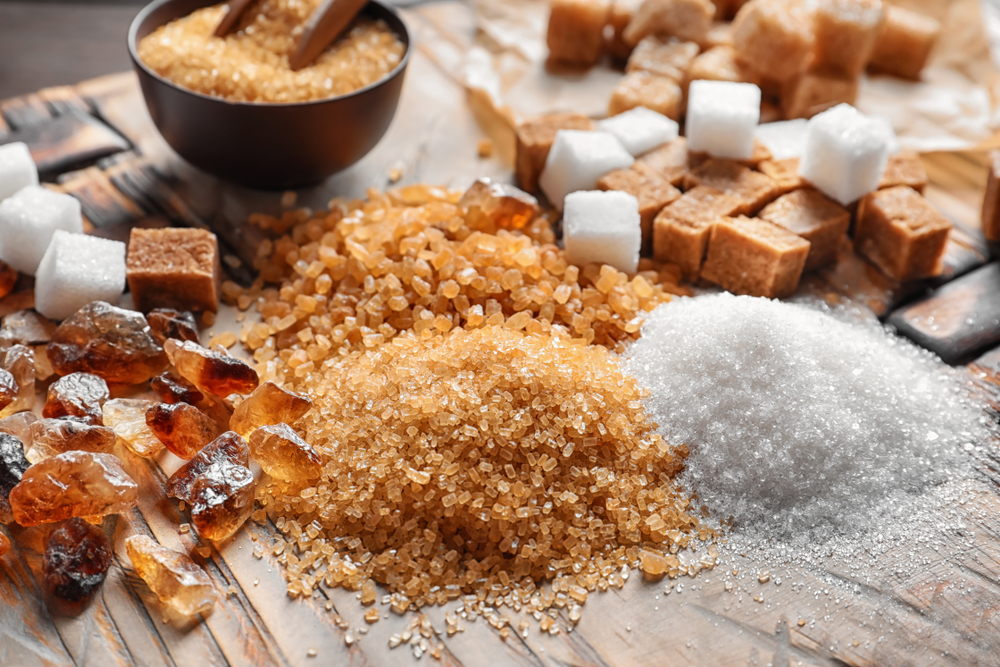
Not all sugars are created equal, and some have a more significant impact on health than others. Refined sugars, like those found in soda, candy, and processed foods, are absorbed quickly into the bloodstream and cause sharp spikes in blood sugar. On the other hand, natural sugars found in whole fruits come with fiber and other nutrients, which help slow sugar absorption and reduce negative effects on blood sugar levels.
In terms of cancer risk, the key is moderation and making smarter choices. By focusing on whole, unprocessed foods and limiting refined sugars, you can improve your overall health and reduce the factors that contribute to cancer development, including obesity, insulin resistance, and inflammation.
11. Sugar Cravings And Addiction: A Psychological Connection

Sugar addiction is a real phenomenon that can contribute to overeating and the consumption of unhealthy foods. The brain’s reward system is activated when we eat sugar, leading to a temporary “feel-good” sensation. However, over time, this can result in sugar cravings, encouraging a cycle of overconsumption and poor health choices.
Addressing sugar addiction involves more than just cutting out sugar. It requires changing habits, being mindful of emotional eating, and finding healthier alternatives to satisfy cravings. Managing sugar intake is not only about physical health but also about psychological well-being, which plays a huge role in preventing obesity and its associated cancer risks.
12. Can You Avoid Sugar Completely?

While it’s tempting to think that eliminating sugar could prevent cancer, the reality is more nuanced. Sugar is found naturally in many foods, such as fruits and vegetables, which are crucial for a healthy diet. The key isn’t to avoid sugar entirely, but rather to make informed choices about the types of sugar you consume and how much of it.
The goal should be balance. Instead of fearing sugar, focus on moderation and prioritize whole, nutrient-dense foods that support your overall health. It’s not about demonizing sugar, but rather about understanding how it fits into a healthy lifestyle that minimizes cancer risk.
Natasha is a seasoned lifestyle journalist and editor based in New York City. Originally from Sydney, during a stellar two-decade career, she has reported on the latest lifestyle news and trends for major media brands including Elle and Grazia.


